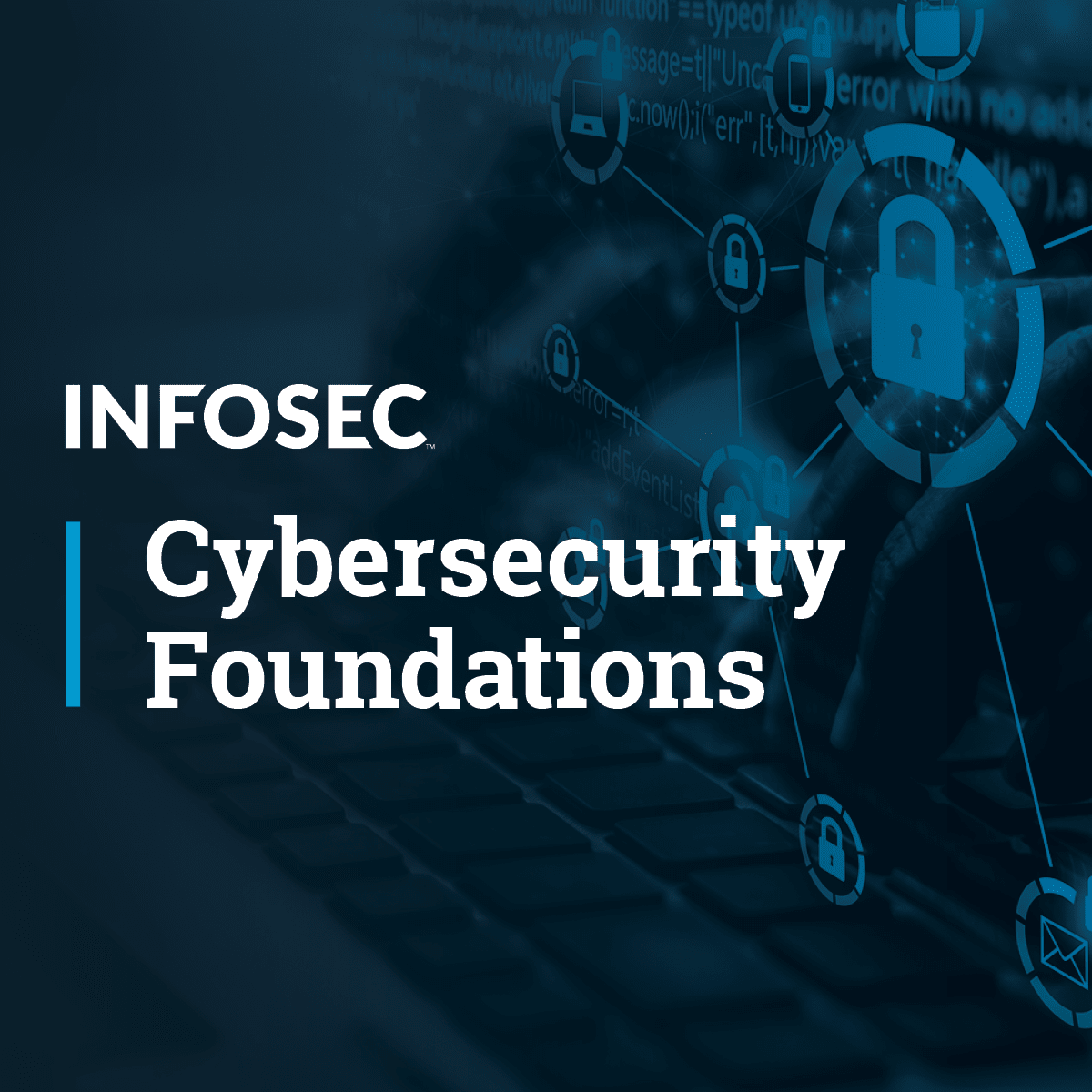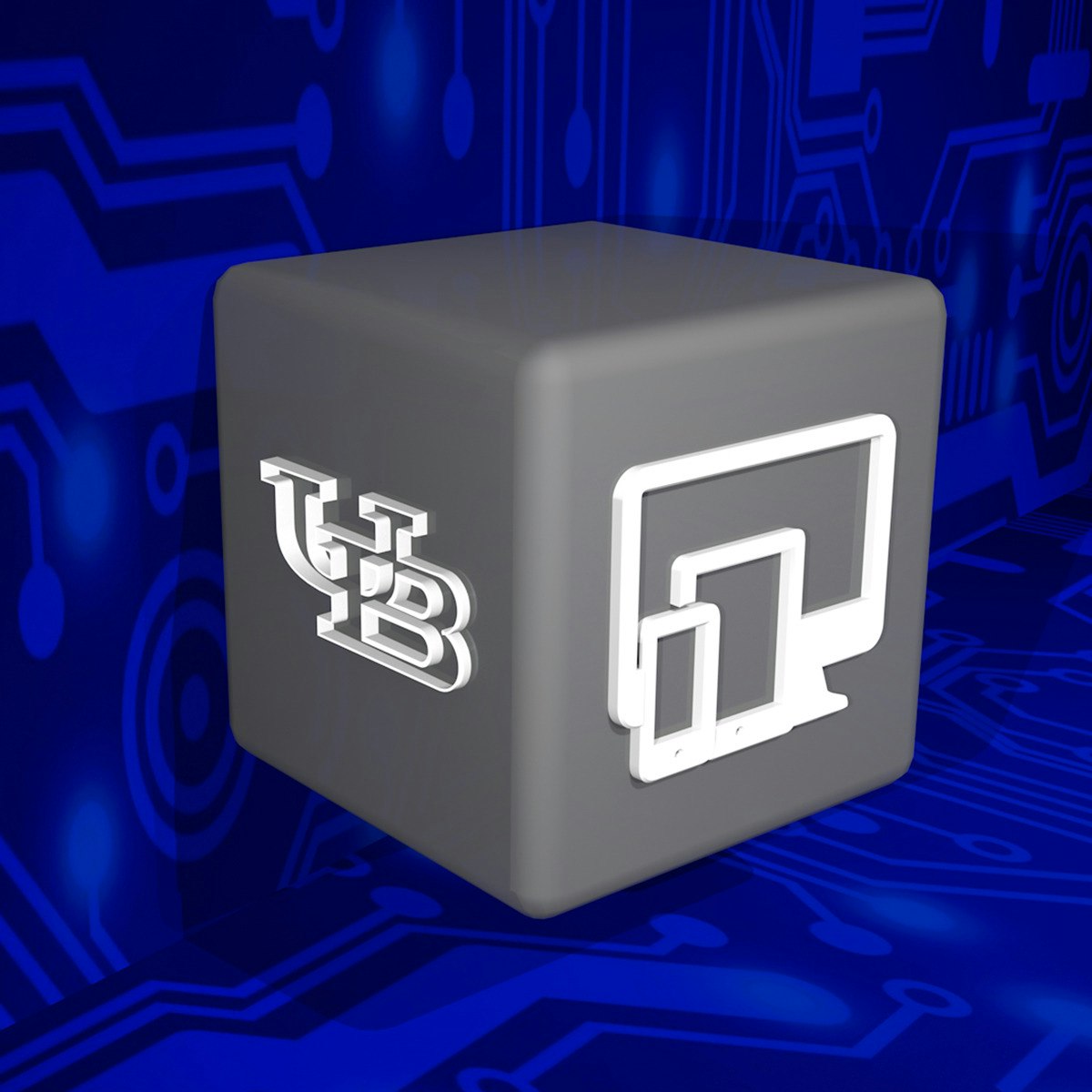Back to Courses









Computer Security And Networks Courses - Page 10
Showing results 91-100 of 277

LCFA Practice Course
This course aims to prepare you for working as an information technology professional. In this course, we will be drill into the domains on the Linux Foundations Certified IT Associate exam.

Aruba Cloud Basics
In Aruba Cloud Basics you will learn what cloud networking is, compare cloud technologies and their various use cases and implementation types. Once you learn about those you will be well on your way to understanding cloud use cases and how to leverage cloud services from Aruba. Part 1 introduces Aruba cloud technologies, products, and challenges in doing a cloud deployment. Explore concepts such as network management systems, orchestration, and security and learn how to move your applications to the cloud. In Part 2 you’ll get an overview of Aruba Central cloud device onboarding, integration, monitoring, and troubleshooting. You’ll also learn about Aruba cloud applications such as Net Edit, UXI, Device Insight, and Aruba ESP (Edge Services Platform).

Operating System Foundations
In this course, we take a look at what an actual operating system is. People often confuse operating systems with browsers and many other things. We take a look at Windows versus Linux versus MacOS and discuss how these operating systems evolved. We also get into some technical detail about the components that make up an operating system.

Cryptography and Information Theory
Welcome to Cryptography and Information Theory!
This course combines cryptography (the techniques for protecting information from unauthorized access) and information theory (the study of information coding and transfer). More specifically, the course studies cryptography from the information-theoretical perspectives and discuss the concepts such as entropy and the attacker knowledge capabilities, e.g., Kerckhoff's Principle. It also contrasts information-theoretic security and computational security to highlight the different train of thoughts that drive the cryptographic algorithmic construction and the security analyses.
This course is a part of the Applied Cryptography specialization.

Blockchain Platforms
This fourth course of the Blockchain specialization provides learners with an understanding of the broader blockchain ecosystem. Learners are introduced to other blockchain platforms, details of two decentralized application use cases, and challenges such as privacy and scalability. They are prepared to discuss permissioned blockchain architectures of Hyperledger and Microsoft Azure's blockchain as a service model and analyze the Augur and Grid+ decentralized application platforms. Course material includes emerging alternative decentralization models such as IPFS and Hashgraph, challenges in broader blockchain adoption, and continuous improvement solutions.

International Cyber Conflicts
By nature, cyber conflicts are an international issue that span across nation-state borders. By the end of the course, you will be able to apply the knowledge gained for analysis and management of international cyber incidents and conflicts including for activities such as development of policy related to cybercrime and cyberwarfare. Management of cyber incidents and conflicts requires an interdisciplinary perspective including an understanding of: 1) characteristics of the cyber threats and conflicts themselves, 2) international efforts to reduce and improve cyber security, and 3) psychological and sociopolitical factors.
The course is designed to reach an international audience and will encourage discussion on relevant current events among participants to enrich the experience with various personal and cultural perspectives on cutting-edge issues. In addition, assignments and other assessments will supplement video lectures and selected readings to ensure application of the material.
After taking this course you will be able to:
• Identify different types of actors involved in cyber threats (individuals, organizations & nation-states)
• Distinguish between different types of threats and issues in cyber security including, data theft, political espionage, critical infrastructure protection, and propaganda
• Detail the basic characteristics of the Internet infrastructure and international efforts to address Internet governance
• List several international efforts to address cyber crime and espionage
• Evaluate how principals that govern international conflicts might be applied in context of cyber security
• Apply different psychological theories of human motivation and cooperation and communication and political theories in analysis of different international issues related to cyber security including censorship, media operations and role of social technologies.
Grading:
Your grade is assessed based on discussion posts and quizzes. Individual taking this course for credit (i.e. students at the University at Albany y will be required to engage in additional activities communicated to them directly).
Recommended Background:
No background knowledge or skills are necessary, but an understanding and familiarity of cyber security, Internet infrastructure and international law would be advantageous for anyone who participates in the course.
ACKNOWLEDGEMENTS
Ersin Dincelli and Nic DePaula were the instructional designers for the course who assisted in the recording of the videos, reviewing material, creating slides, assessments and some of the content. Without their tremendous effort this would not have been possible. We also acknowledge the financial support for the recordings from the University at Albany as well as the support from Media and Marketing. Finally, thanks to Lisa Stephens who is the SUNY liaison to Coursera for being a strong supporter of the MOOC.

Design and Simulate Smart Home Networks in Packet Tracer
In this 1-hour long project-based course, you will learn how to design computer networks in logical and physical views, connect IoT devices to create smart home networks, and simulate computer networks operation in real-world environments.

Introduction to Risk Management
In this course, you will learn about risk assessment techniques and how to implement a number of strategies that will ensure the protection of assets. You will learn about the relationship between assets, vulnerabilities, threats, and risks. You will also engage with a number of current case studies in the industry that illustrate the material. You will leave the course with skills relating to threat modeling and business continuity planning that have direct applications at your current job or in your future career.

Cybersecurity Foundations for Risk Management
In order to manage the cybersecurity function business, you must first understand its language and its environment. This course covers the foundations of cybersecurity, including threats and vulnerabilities as well as the tools, technologies, and strategies used to manage it.
After completing this course, a learner will be able to:
● Define key concepts and terminology in Cybersecurity
● Identify threats to cybersecurity
● Identify strategies to identify and remediate vulnerabilities in information assets
● Identify the systemic components (including personnel) necessary for an effective cybersecurity program

Smart Contracts
This second course of the Blockchain specialization will help you design, code, deploy and execute a smart contract – the computational element of the blockchain technology. Smart contracts allow for implementing user-defined operations of arbitrary complexity that are not possible through plain cryptocurrency protocols. They allow users to implement conditions, rules and policies of the domain applications. Smart contracts are a powerful feature that, when properly designed and coded, can result in autonomous, efficient and transparent systems.
You will design and program smart contracts in Solidity language, test and deploy them in the Remix development environment, and invoke them from a simple web interface that Remix provides. This course features best practices for designing solutions with smart contracts using Solidity and Remix IDE.
Main concepts are delivered through videos, demos and hands-on exercises.
Popular Internships and Jobs by Categories
Browse
© 2024 BoostGrad | All rights reserved


